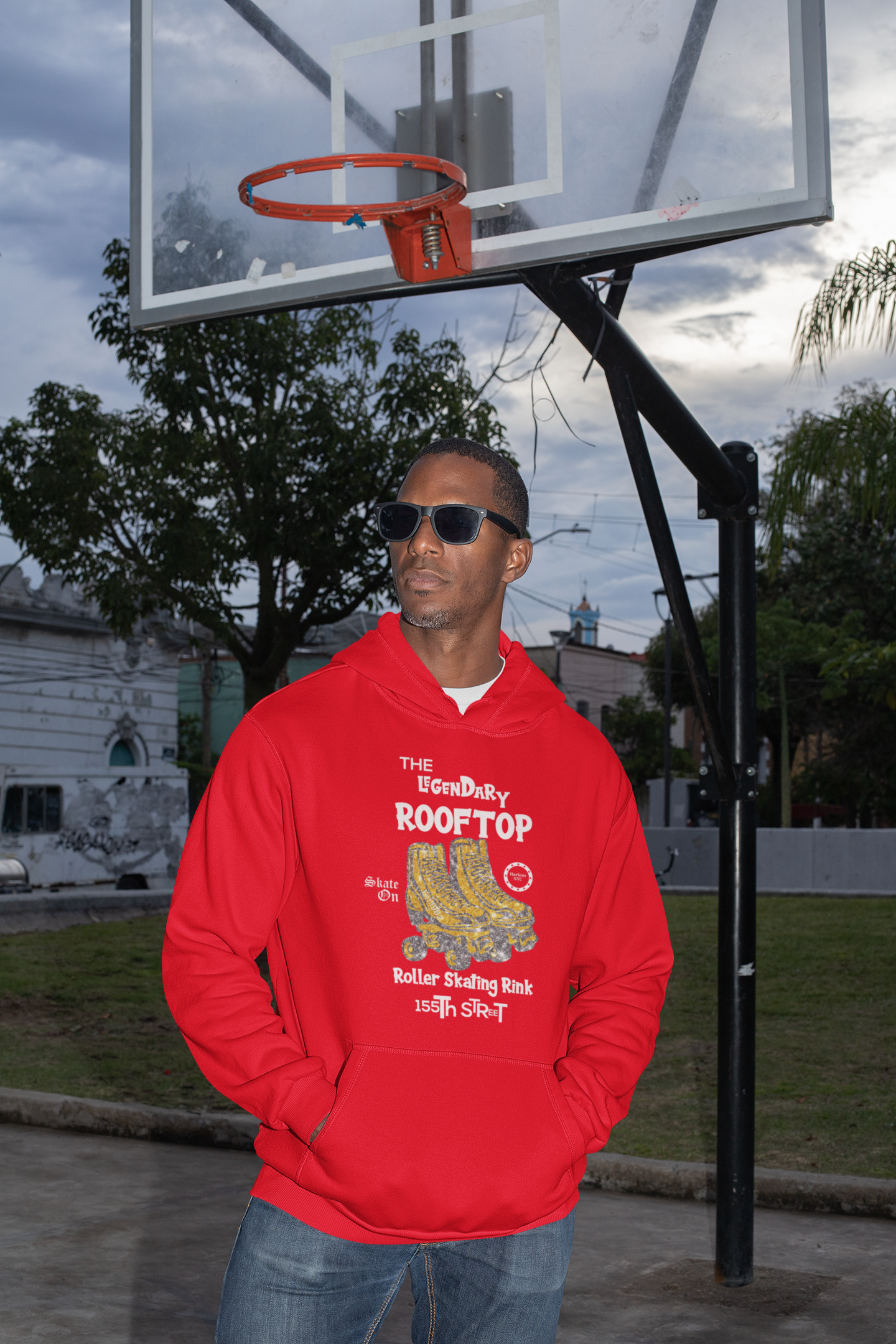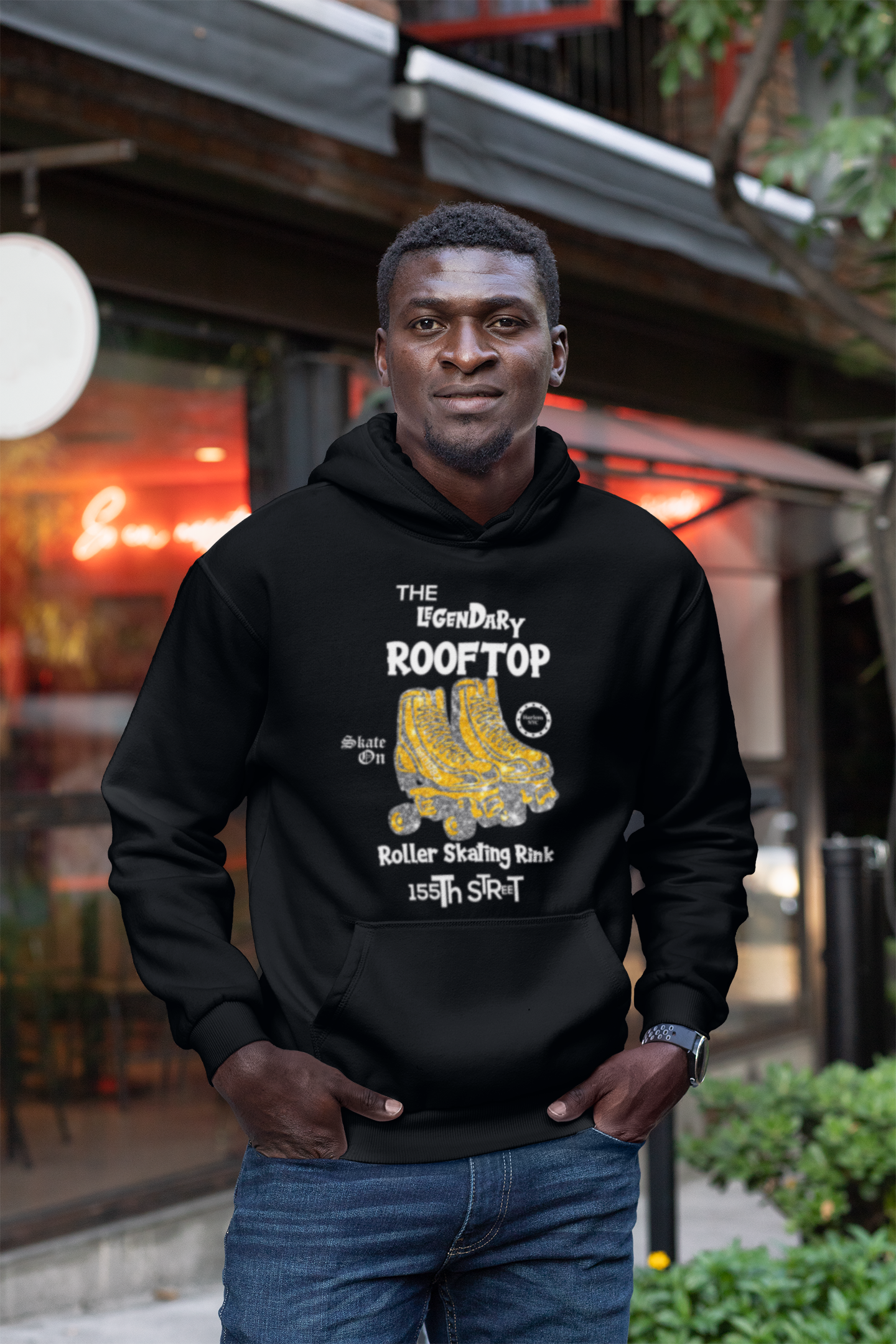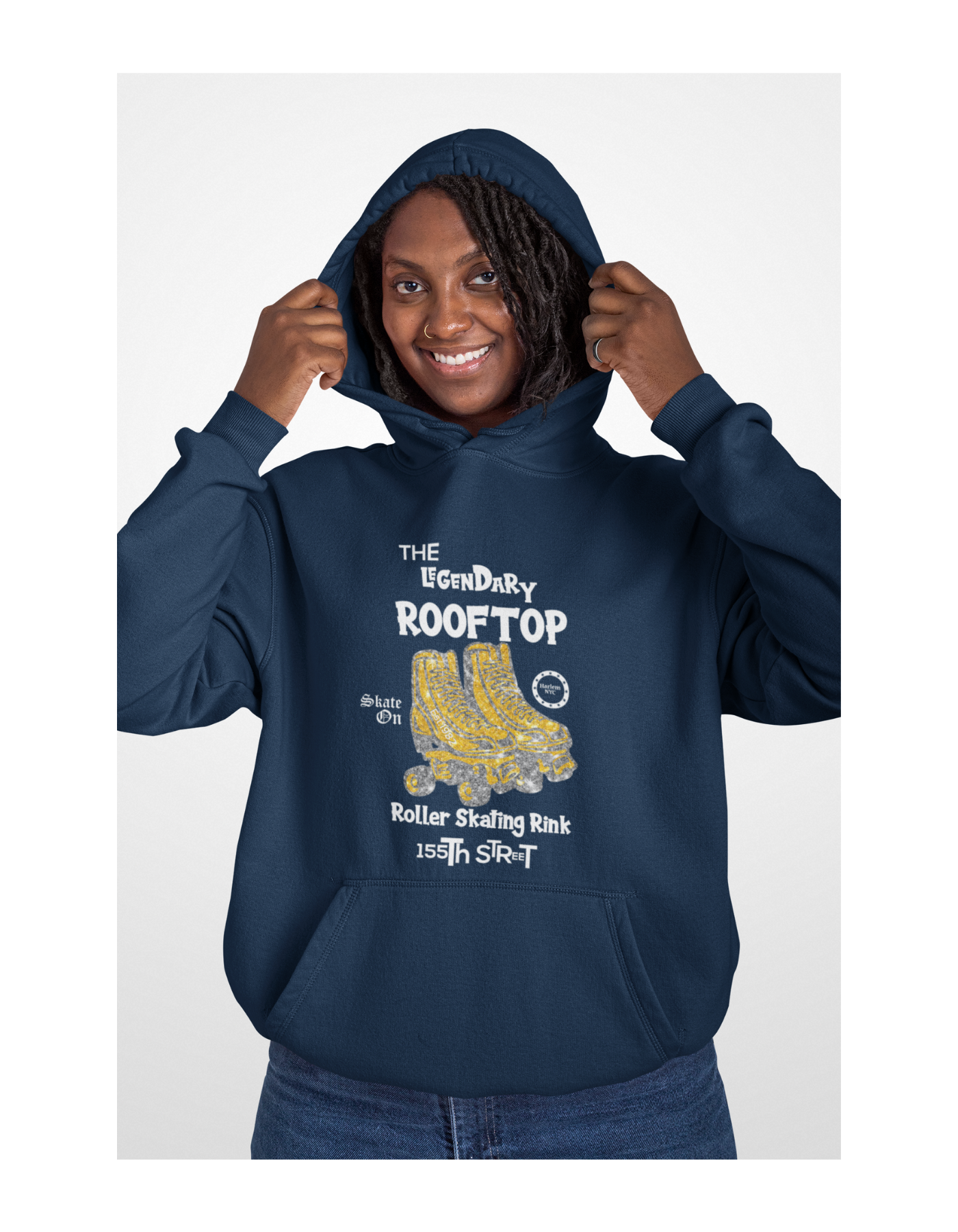Rooftop Skates Hoodie
Rooftop Skates Hoodie
Couldn't load pickup availability
The distinguished RoofTop Roller Skating Rink and Disco was located right under the 155th Street bridge in Harlem, NYC. It had two sides: One side was the skating rink where you could skate or you could just chill, sit and stand around and converse by the front door watching the skaters skate on. The other side was the restaurant where you could sit down, do your thing, and enjoy one of Willie’s famous burgers and fries. There were also delicious home-baked cakes by Mrs. Sara (my mother) and her sister Carrie who ran the kitchen at the famous RoofTop.
We also had the best arcade games! Centipede, Pac Man, and Galaxy, just to name a few, would keep you busy while you enjoy yourself listening to the hottest DJs in Harlem back in the ’80s. What was so legendary about this spot was that it was not like any other roller-skating rink. It had two levels of enjoyment; one level was for the skaters to skate around and listen to the hottest DJ’s in Harlem do their thing and get the crowd hyped and infamous level two because after a certain time, there was a whole new vibe that took the RoofTop to a different type of party. Level two was another one of those types of things you had to be there to fully understand. We took our skates off and danced on the skating rink floor, we also had legendary performers like the world-famous Doug E Fresh and Slick Rick, and many others come to do their thing. Big shout out to all of the DJs who created memories back in the ’80s that we will cherish for life. DJ Brucie B, DJ Hollywood, Busy B Starski on the one’s and two’s, DJ Mike Spot, DJ Carlton, RIP DJ Starchild, and DJ Lovebug Starski. Each one of these DJs had their unique style and was always ready to rock the crowd at any given time.
Above the RoofTop Roller Skating Rink was a studio called RoofTop Records. RoofTop Records was designed and built by Willie for an up-and-coming producer that you all know and love by the name of Teddy Riley. Willie took Teddy under his wing and raised him as a son, bought Teddy’s first keyboard and all of his music equipment for the studio at RoofTop Records. This allowed Willie to keep him off the cold streets of Harlem, build his craft, and to focus on his music career as a producer.
Share






